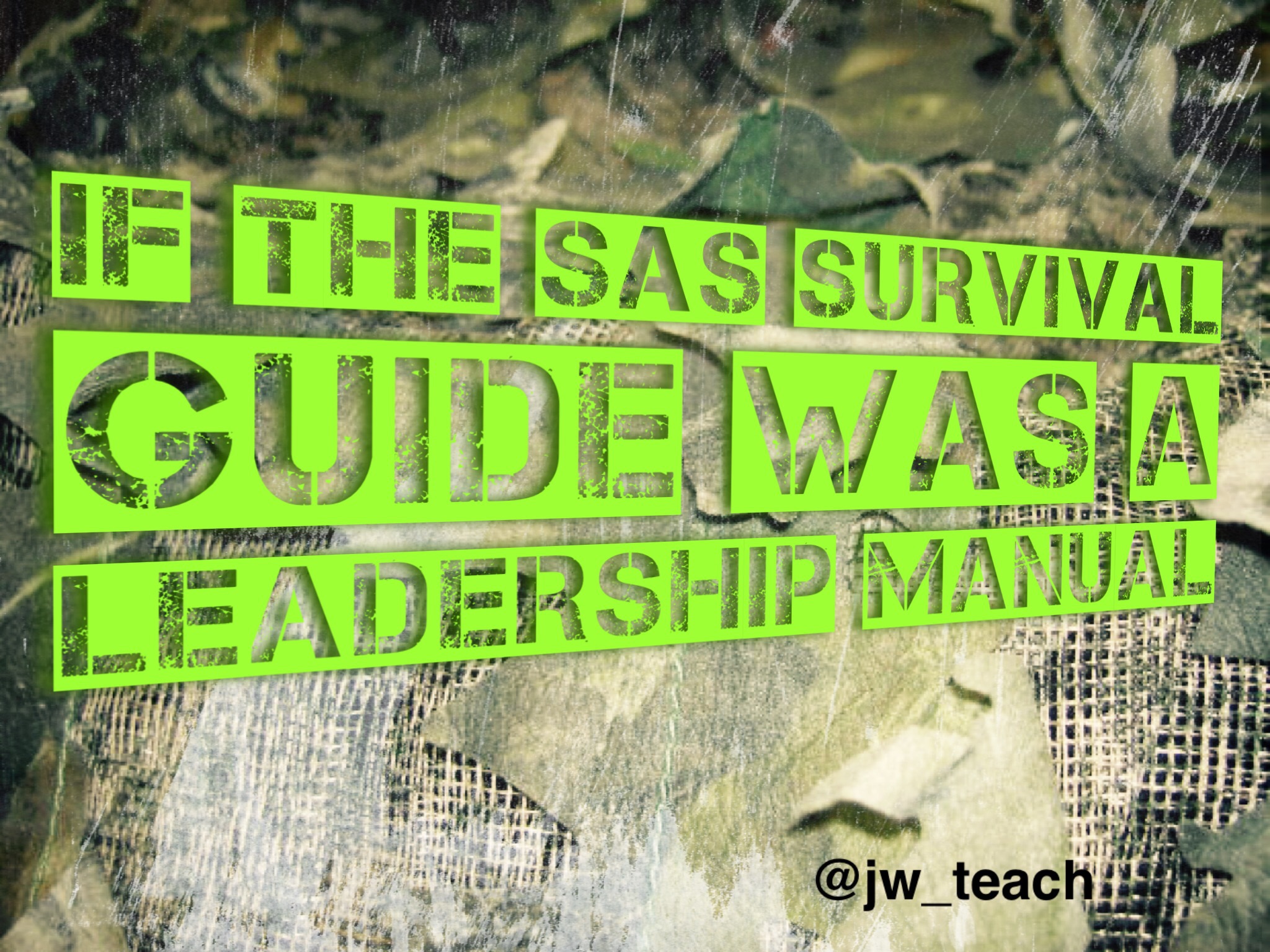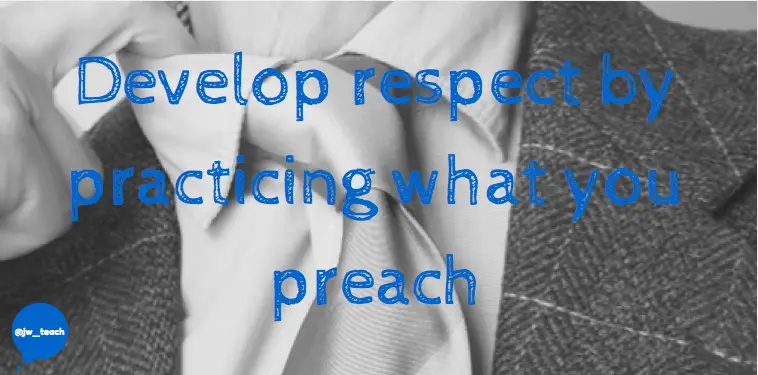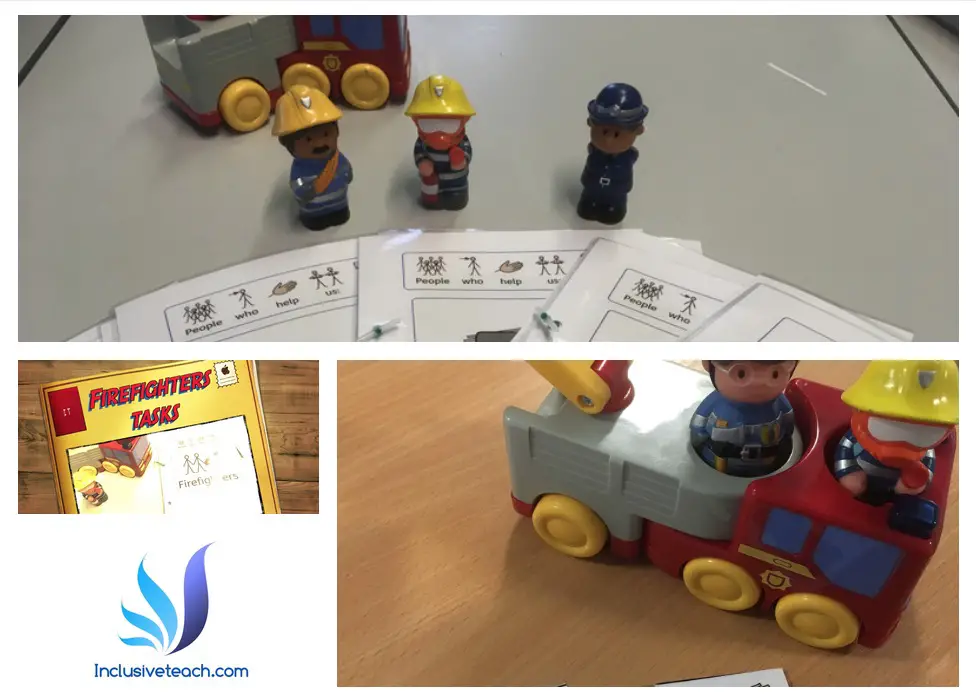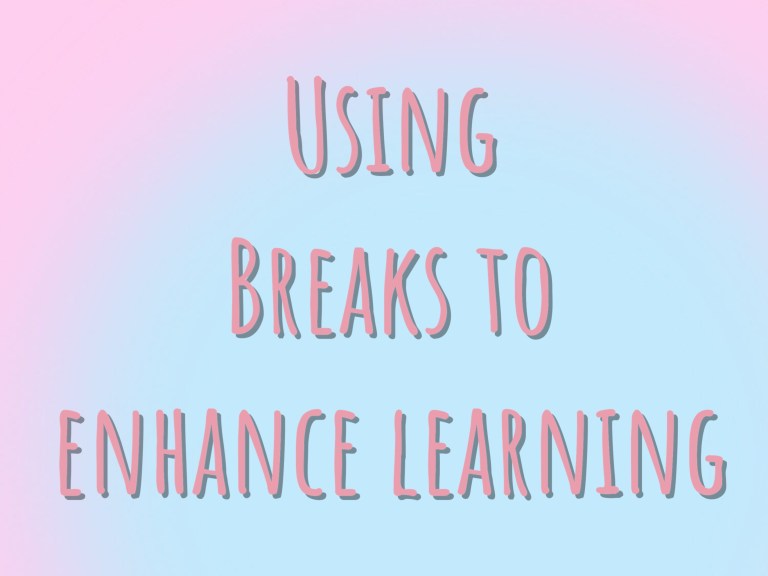How Gen Z Teachers Are Transforming the Education System
Who is Generation Z & How are they Influencing Education?
Generation Z, or Gen Z for short, is the generation born between 1997 and 2012. They are the youngest and most diverse cohort in the workforce. All generations have different values, expectations, and preferences than older generations. These ECTs and young teachers grew up with technology, social media, and global connectivity. Whilst some digital literacy is a challenge they are tech-savvy, socially conscious, entrepreneurial, and collaborative. Gen Z face unprecedented challenges and uncertainties, such as climate change, economic instability, and mental health issues.
As Gen Z teachers enter the classroom, they bring new perspectives, challenges, and opportunities for the UK education system. They are shaking up the classroom with their digital savviness, inclusivity, mental health understanding, advocacy, and work ethic. As teachers they are (as we all are) adapting to the characteristics and preferences of Gen Z students, who are their peers or younger siblings. You can see more on more, for better of worse, they are leveraging their personal brand, social network, and online tools to influence and inspire others, both locally and globally.
In this article, we will explore how Gen Z teachers are transforming the UK education system with their unique approach to leadership, learning, and teaching. We will also discuss the implications and recommendations for the UK education system, such as embracing the potential of Gen Z teachers, supporting their professional development, and creating a culture of innovation and collaboration.
How Gen Z teachers need to adapt to the characteristics and preferences of Gen Z students
Gen Z students are the first true digital natives, who have grown up with technology, social media, and global connectivity as part of their everyday life. They have different learning styles, preferences, and expectations than previous generations, and they pose new challenges and opportunities for Gen Z teachers, who are their peers or older siblings. How can Gen Z teachers effectively teach and engage Gen Z students?
- Provide feedback, autonomy, and meaningful work. Gen Z students crave feedback and recognition for their work and performance. They want to know how they are doing, what they are doing well, and what they can improve. They prefer frequent, informal, and specific feedback, rather than annual, formal, and vague feedback. They also give feedback to others in a respectful and constructive way. Gen Z teachers can use digital tools, such as apps, platforms, and blogs, to provide timely and personalised feedback to their students, and to encourage peer feedback and collaboration.
Gen Z students also value their independence and freedom to make their own decisions and choices. They do not like to be micromanaged, controlled, or restricted by rules and policies. They trust their own judgment and intuition, and they expect the same from their teachers. Gen Z are reported to delegate tasks and responsibilities to their students, and they empower them to take ownership and initiative. Gen Z teachers can use strategies, such as project-based learning, flipped learning, and hybrid learning, to give their students more autonomy and flexibility over their learning process, pace, and environment.
What Drives Generation Z Teachers?
Gen Z students also want to make a positive impact on the world and society through their work. They are driven by purpose, passion, and values, and they seek work that aligns with their personal mission and vision. They are not motivated by money, status, or power, but by the opportunity to contribute to something bigger than themselves. Gen Z teachers can use curricula, such as global goals, climate action, and social justice, to involve their students in authentic and meaningful learning projects that address real-world problems.
- Balance the benefits and drawbacks of technology. Gen Z students are tech-savvy and tech-dependent. They use technology for learning, communication, entertainment, and socialisation. They have access to a wealth of information, resources, and opportunities online. They are also adept at multitasking, switching, and adapting to different devices, platforms, and media. Gen Z teachers are often more adept at the use technology, such as EdTech, online platforms, and social media, to enhance learning outcomes, personalize learning, and save time.
The Drawbacks of Technology in Education
However, technology also has its drawbacks for Gen Z students. They may struggle with challenging or difficult interpersonal communication and face-to-face interactions. Such interactions are still essential in many professional and personal situations. This increases the risk of bullying, hacking, and identity theft, and digital distractions, such as online games, videos, and social media, that can affect their attention, focus, and productivity. They may also suffer from digital fatigue, stress, and anxiety, due to the constant exposure to information, stimuli, and expectations online. Gen Z teachers can use strategies, such as digital literacy, digital citizenship, and digital wellness, to teach their students how to use technology responsibly, safely, and healthily.
- Foster a growth mindset, creativity, and innovation. Gen Z students are ambitious and eager to advance their skills and careers. They seek opportunities for learning, development, and growth, both personally and professionally. They are not afraid to take on new challenges, roles, and projects, and they welcome feedback and mentoring from others. They also support the growth and development of their peers, and they provide them with coaching, guidance, and resources. Gen Z teachers use techniques, such as adaptive teaching, scaffolding, and coaching, to meet the diverse needs and preferences of their students, and to provide them with support, guidance, and resources
Gen Z students are also flexible, agile, and resilient in the face of change and uncertainty. They are constantly learning, experimenting, and innovating, and they embrace failure as an opportunity to grow. They are open to new ideas, perspectives, and cultures. Gen Z teachers can use practices, such as inquiry-based learning, design thinking, and maker education, to foster a growth mindset, creativity, and innovation among their students, and to prepare them for the future of work and life
How Gen Z teachers are shaking up the classroom
Gen Z teachers are not only digital natives, but also digital innovators. They are not scared of using technology, such as EdTech, to enhance learning outcomes, personalise learning, and save time. For example, Gen Z teachers are using apps like Class Dojo to gamify learning, provide instant feedback, and communicate with parents. They are also using online platforms like Google Classroom, Zoom, and Kahoot to create interactive and collaborative learning experiences, both in-person and remotely. Moreover, they are using digital tools like Flipgrid, Padlet, and Seesaw to empower students to express themselves creatively and showcase their learning.
Gen Z teachers are also creating inclusive and supportive environments for diverse and neurodiverse learners, and addressing issues such as unconscious bias, discrimination, and exclusion. For example, Gen Z teachers are using strategies like differentiated instruction, universal design for learning, and co-teaching to meet the diverse needs and preferences of their students. Furthermore, they are embracing using practices like restorative justice, trauma-informed teaching, and positive behavior interventions and supports to foster a positive and respectful classroom culture.
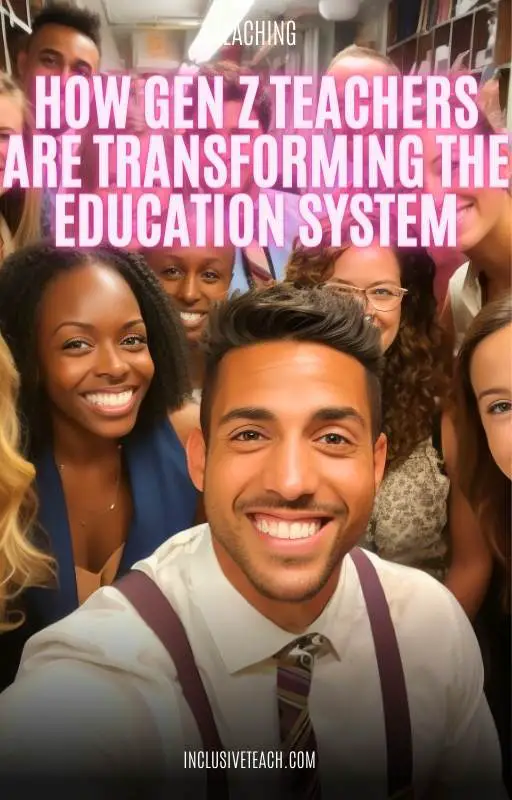
Promoting Mental Health and Wellbeing
Gen Z teachers are also promoting mental health and well-being among themselves and their students, and coping with stress, anxiety, and burnout. For example, Gen Z teachers are using techniques like mindfulness, meditation, and yoga to manage their own emotions and cope with the challenges of teaching. They are also using programs like GoZen, MindUP, and Second Step to teach their students about social-emotional learning, self-regulation, and resilience. Additionally, they are signposting resources like Kooth, Headspace, and Calm to provide their students with online support, guidance, and therapy.
At their best Gen Z teachers can be examples of a strong work ethic, resilience, and adaptability as they navigate the post-pandemic era. They are harnessing their digital skills, creativity, and innovation to embrace the evolving modes and methods of teaching, be it online, hybrid, or blended . Moreover, their flexibility, agility, and resourcefulness enable them to effectively respond to the changing expectations and demands of their students, parents, and administrators. Additionally, their ambition, motivation, and passion drive them to constantly pursue their professional development, growth, and advancement into school leadership positions. These dedicated educators are rising to the occasion and challenging the odds with enthusiasm, paving the way for a brighter future in education.
How Gen Z teachers can leverage their personal brand, social network, and online tools to influence and inspire others
Since before the pandemic we have seen teachers becoming digital influencers. They are building their personal brand, social network, and online presence. Using Instagram etc to showcase their skills, achievements, and passions. They are also using online tools to reach out to and collaborate with other teachers, students, parents, and stakeholders, both locally and globally. Furthermore, they are using their digital influence and online tools to inspire and motivate others. How are they doing this? Here are some examples:
Teachers’ Online Reputation
- Building their personal brand, social network, and online presence. Gen Z teachers are creating and maintaining their online identity, reputation, and visibility, and using them to showcase their skills, achievements, and passions. They are using platforms like LinkedIn, Twitter, and Instagram to highlight their professional and personal profiles, portfolios, and stories. They are also using blogs, podcasts, and YouTube channels to share their expertise, knowledge, and opinions on various topics related to education, leadership, and social issues. For example, Dr. Karen Freberg, a Gen Z teacher and researcher, has built a strong personal brand and online presence through her blog, podcast, and social media accounts, where she discusses topics such as social media, crisis communication, and personal branding.
Gen Z Collaborating Teachers
- Using their digital influence and online tools to reach out to and collaborate with others. Gen Z teachers are using their online connections and networks to communicate and collaborate with other teachers, students, parents, and stakeholders, both locally and globally. They are using platforms like Facebook, WhatsApp, and Slack to create and join online communities, groups, and chats, where they exchange ideas, information, and resources. They are also using platforms like Skype, Zoom, and Google Meet to conduct and participate in online meetings, webinars, and conferences, where they present, discuss, and learn from others.
Embracing Digital CPD
- Using their digital influence and online tools to share and learn from others. Gen Z teachers are using their online platforms and tools to share their insights, experiences, and best practices, and to learn from others. They are using platforms like Medium, SlideShare, and TEDx to publish and access online articles, presentations, and talks, where they showcase and discover innovative and inspiring ideas and practices. They are also using platforms like Coursera, Udemy, and EdX to offer and enroll in online courses, workshops, and certifications, where they teach and learn new skills and knowledge . For example, Dr. Wenjie Cai, a Gen Z teacher and researcher, has shared his insights and experiences on teaching with social media, building a personal brand, and creating online communities through his online articles, presentations, and talks.
- Using their digital influence and online tools to inspire and motivate others. Gen Z teachers are using their online platforms and tools to inspire and motivate others, and to create positive change in the world. They are using platforms like TikTok, Instagram, and YouTube to create and share engaging and entertaining content, such as videos, stories, and reels, where they showcase their personality, humor, and passion. They are also using platforms like Change.org, GoFundMe, and Kickstarter to create and support online campaigns, fundraisers, and projects, where they raise awareness, funds, and support for various causes and issues . For example, Joe Wicks, a Gen Z teacher and fitness coach, has used his digital influence and online tools to inspire and motivate millions of people to stay fit and healthy during the pandemic through his online workouts, challenges, and books.
These are some of the ways that Gen Z teachers are impacting the education system. This may lead to a more connected and positive world.

